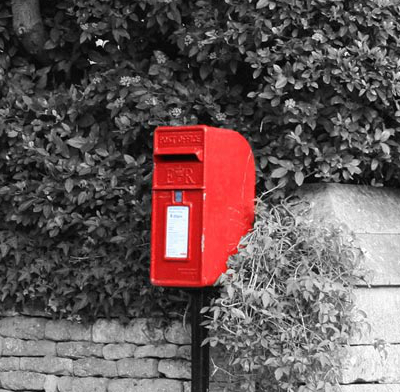Why Coffee May be Good for You

According to new research published in The British Medical Journal (BMJ), drinking coffee is "more likely to benefit health than to harm it".
Researchers led by Dr Robin Poole, a specialist registrar in public health at the University of Southampton, brought together research from more than 200 separate studies on the relationship between health and coffee consumption. They discovered that those who consumed coffee regularly were consistently found to have a lower risk fo death compared to non-coffee drinkers. The largest death risk reduction was found for those who consumed 3 cups a day.
Coffee consumption was also correlated with a lower risk of deloping several cancers, as well as type 2 diabetes, gallstones, and gout. There also appeared to be a beneficial correlation between coffee consumption and Parkinson's disease, depression, and Alzheimer's disease. However, coffee consumption by women during pregnancy were associated with an increased risk of harm.
Dr Eliseo Guallar, from the Johns Hopkins Bloomberg School of Public Health in the US said, in reference to the study: "Although we can be reassured that coffee intake is generally safe, doctors should not recommend drinking coffee to prevent disease, and people should not start drinking coffee for health reasons... and there is substantial uncertainty about the effects of higher levels of intake."
The researchers advised that the included studies relied mostly on observational data, providing lower-quality evidnce, so no firm conclusions should be drawn from the data. They concluded that, excluding during pregnancy, coffee drinking appears to be safe within normal use.
Latest News
UK Food Trends to Watch in 2026: Bold Flavours, Global Inspiration & Health-Savvy Eating
Mood Boosting Foods for January Blues
Merry Christmas from all of us at Red Box!
What Services Can Red Box Provide for Your Business?
The Shift in UK Vegan Food: Why Some Plant-Based Options Are Disappearing
How Red Box Can Empower Your Team Through Training
Useful Links to Further Information
- THE BRITISH INSTITUTE OF FACILITIES MANAGEMENT (BIFM)- Founded in 1993, BIFM is a professional body for facilities management, both individuals and organisations.
- FIRST POINT ASSESSMENT (FPAL)- Is a supplier management community supporting the European oil and gas industry.
- THE CHARTERED INSTITUTE OF ENVIRONMENTAL HEALTH (CIEH)- A charity that is the professional and leading voice for environmental and public health and safety.
- INSTITUTE OF HOSPITALITY- A professional membership group that provides support and information for those who work or study in the hospitality and tourism industries.
- FOOD STANDARD AGENCY (FSA)- The governmental department responsible for food safety and hygiene throughout the UK.
- THE UNIVERSITY CATERERS ORGANISATION (TUCO)- TUCO is a professional membership group for in-house caterers within the higher education sector, and is one of the leading organisations of its kind in the UK.
- BRITISH HOSPITALITY ASSOCIATION (BHA)- An agenda-setter and members organisation for the hospitality and tourism industry that helps to promote the interest of operators, brands and owners across the hospitality and tourism sectors.
- ROYAL SOCIETY FOR PUBLIC HEALTH (RSPH)- An independent and multi-disciplinary charity who’s mission is to improve public health and wellbeing.
- INTERNATIONAL FACILITY MANAGEMENT ASSOCIATION (IFMA)- An international association for facilities management professionals, supporting 24,000 members in 105 countries.
